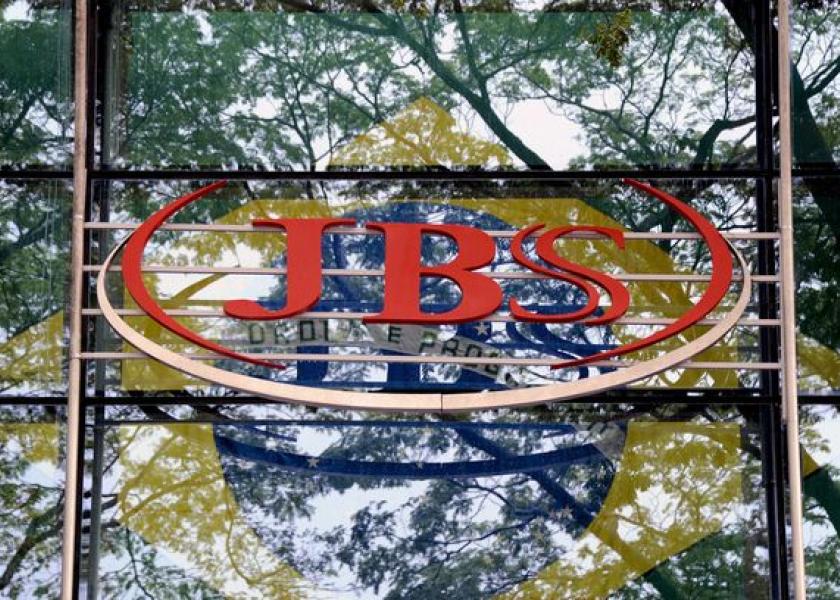Global Meat Buyers Restrict Brazil Supplies as Scandal Deepens

Some of the world’s biggest protein buyers are slapping limits on supplies from Brazil as producers in the country become embroiled in a tainted-meat scandal.
China, the largest importer of Brazil chicken and beef, has temporarily suspended shipments from the South American country, while the European Union, South Korea and Chile have also issued restrictions. Brazilian federal authorities announced March 17 they’re investigating evidence local producers bribed government officials to approve the sale of spoiled meat.
Food giants JBS SA and BRF SA have taken out full-page newspaper ads and paid for prime-time television spots to reassure consumers their meat is safe to eat after finding themselves at the center of Brazil’s latest corruption probe. Brazilian prosecutors allege some sausages and cold cuts contained animal parts such as pig heads, that some meat products were adulterated with cardboard, and that in some cases acid was used mask the smell of tainted meat.
Global importers were quick to take action in wake of the scandal.
China has said it won’t accept Brazilian meat shipments until the South American nation provides further clarification on the probe, while Chile temporarily banned all meat imports from Brazil.
China and Hong Kong are the largest importers of Brazilian meat, accounting for about a combined 35 percent of the beef and 17 percent of the chicken shipped by the South American nation, according to industry data. The European Union is the second-biggest destination for the beef and the third for the chicken, accounting for less than 10 percent of total shipments.
EU Reaction
The European Union asked Brazil to stop companies implicated in the fraud from exporting to the region, according to Enrico Brivio, a spokesman at the European Commission. The bloc has suspended imports from four Brazil plants including one owned by BRF, Ricardo Santin, a director at the Brazilian Association of Animal Proteins, or ABPA, told journalists in Sao Paulo.
“We have asked our member states to be vigilant,” Brivio told reporters in Brussels. “The commission remains in constant contact with the Brazilian authorities and is following this matter very closely.”
South Korea has suspended the distribution of Brazil chicken products. The government will closely examine the meat, and if it’s concluded that there are no hygienic problems, they would allow distribution, Sewon Kim, who’s responsible for the Economic Affairs department at Asian nation’s embassy in Brazil, said in an emailed response to questions from Bloomberg.
The South Korean government has "no plan to ban the importation of Brazilian chickens,” Sewon Kim said. According to ABPA’s Santin, the Asian nation will increase its vigilance on Brazil imports, raising the share of products analyzed to 15 percent from 1 percent.
The scandal may impede Brazil’s plans to open new markets including Mexico and South Korea for beef after the U.S. allowed imports of fresh meat last year, Antonio Carmadelli, the head of the Brazil meat exporters association Abiec, said to journalists in Sao Paulo.
The U.S. Meat Export Federation said it’s too early to speculate on the potential impact on the global meat trade because “there really are not enough facts available about the investigation, or about how Brazil’s trading partners will respond,” the group said in an emailed response to questions from Bloomberg.
©2017 Bloomberg L.P.







